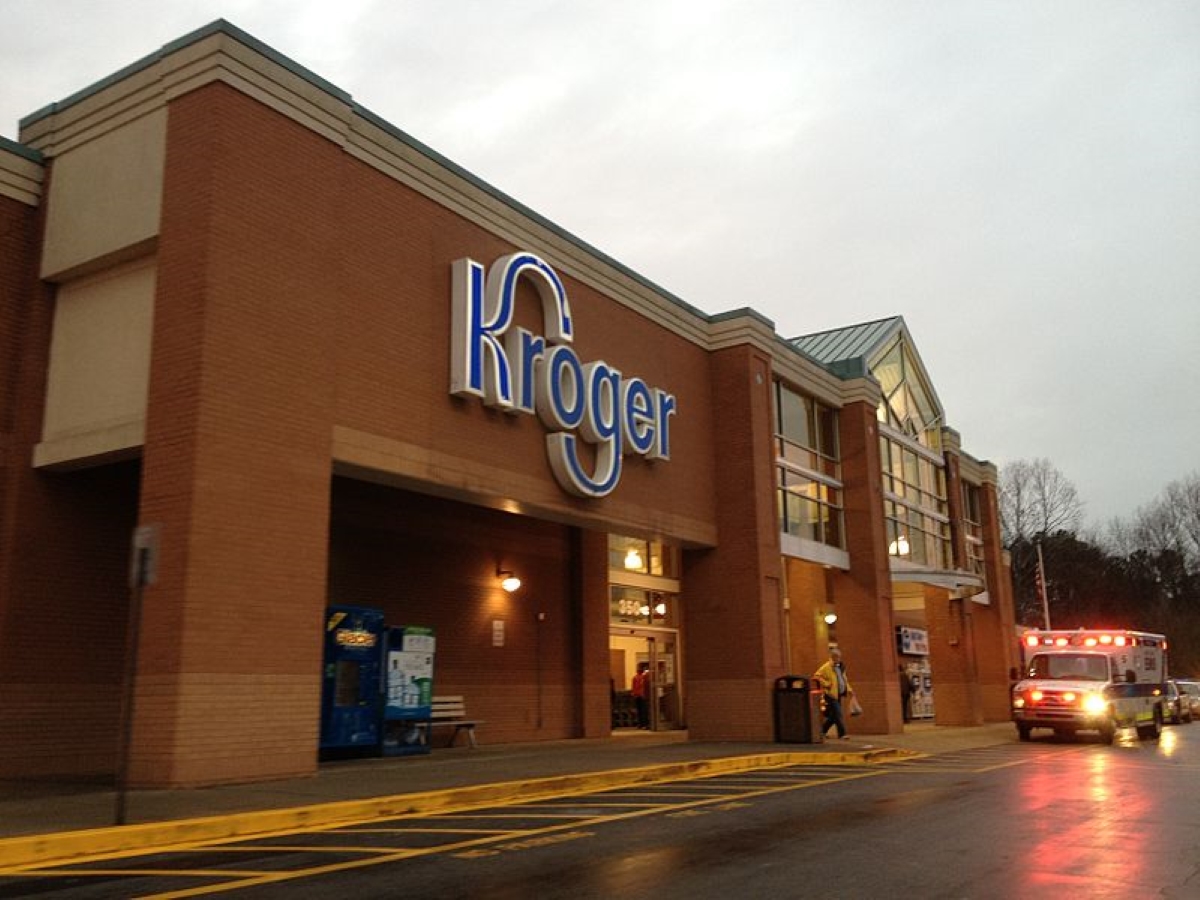Unions at two locations of the Kroger grocery store chain are planning protests this week.
Kroger union members plan events at stores in Clarksburg Tuesday, April 4 and Charleston Wednesday, April 5 to protest the company’s intention to merge with Albertsons Companies.
Albertsons owns several grocery brands and chains, including Safeway and Jewel Osco. A pair of protests at Safeway stores in Virginia and Washington, D.C. is also planned for Wednesday.
The October 14, 2022 announcement of the merger stated the two companies operate a total of 4,996 stores and employ 710,000 workers across 48 states and the District of Columbia. Kroger has stated their plan to invest $500 million to lower prices, as well as $1 billion to raise benefits and wages for workers.
The merger is currently being reviewed by the Federal Trade Commission (FTC), and consumer groups such as the American Antitrust Institute have raised concerns that the merger would significantly increase concentration in already highly concentrated food markets.
Jonathan Williams is the communications director for the United Food & Commercial Workers Local 400 Union, which represents 13,000 Kroger workers in Virginia, West Virginia, and parts of Ohio, Kentucky and Tennessee.
He said a merger between two of the country’s largest grocers will put pressure on workers, customers and suppliers.
“Just as less competition leads to higher prices for consumers, less competition for workers leads to lower wages, worse benefits, overall a worse situation for people who work in the industry,” Williams said.
Williams said this week’s worker actions are meant to raise awareness and help add voices to a growing coalition of more than 100 organizations opposed to the grocers’ merger.
“Now is the time for them to hear from customers in America and workers in this industry about their concerns about this deal,” he said.
In an email to West Virginia Public Broadcasting, a Kroger spokesperson stated that the company will not lay off any frontline workers or close any stores, distribution centers or manufacturing facilities as a result of the merger.
“Kroger is one of America’s largest unionized workforces, and this merger secures the long-term future of union jobs while creating a more competitive alternative to large, non-union retailers,” the statement reads. “Beginning day one, we will invest an additional $1 billion to raise wages and benefits, continuing our longstanding track record of associate investments. We pursued this merger to grow jobs, lower prices and provide more choices to consumers across the U.S.”
Williams is wary of the organization’s claims.
“There is no chance that less competition will lead to better outcomes for consumers, that breaks every law of economics,” he said. “Just recently, (Kroger) announced that they would be selling off 250 to 300 stores. Are those workers going to continue working at Kroger when those stores are gone? Are they going to continue working at Albertsons when those stores are gone?”
